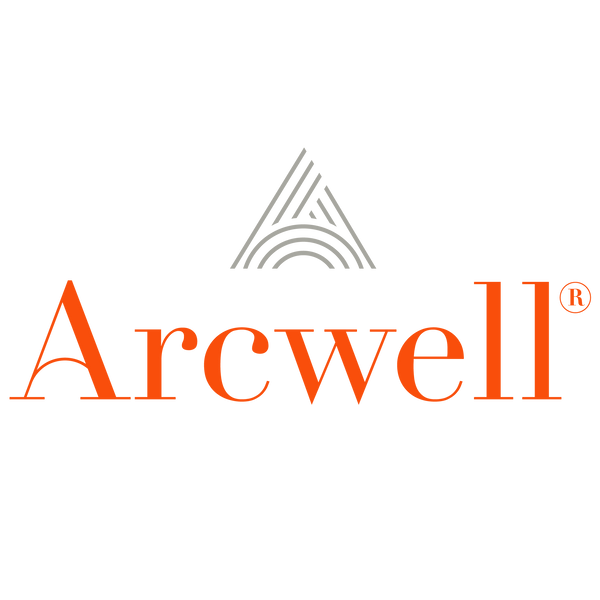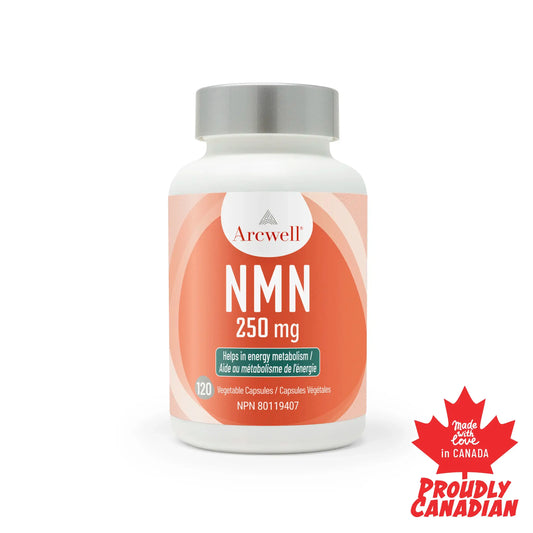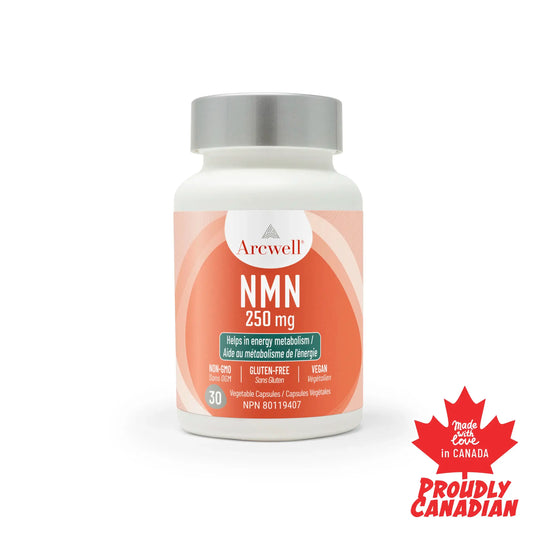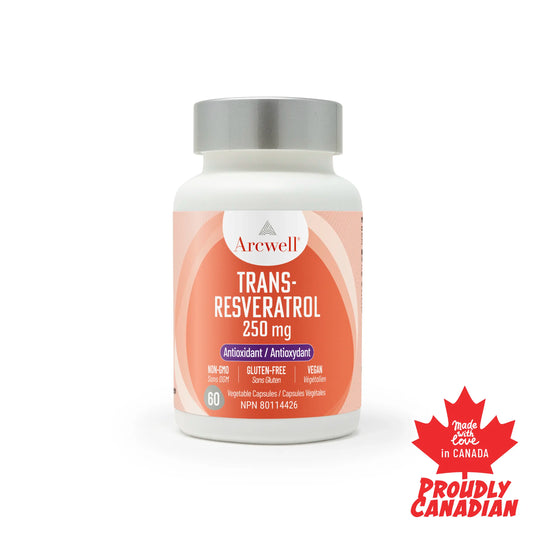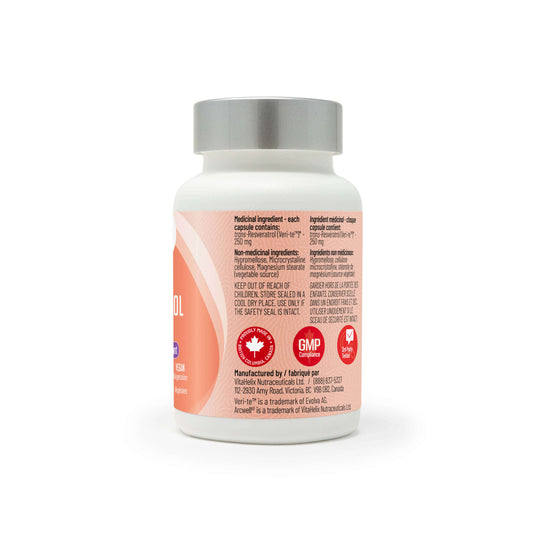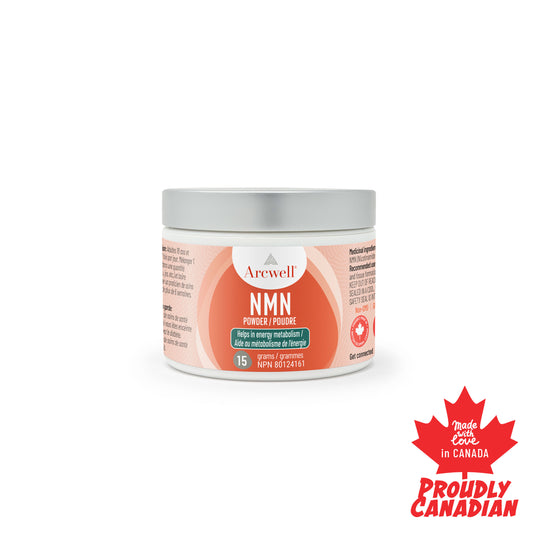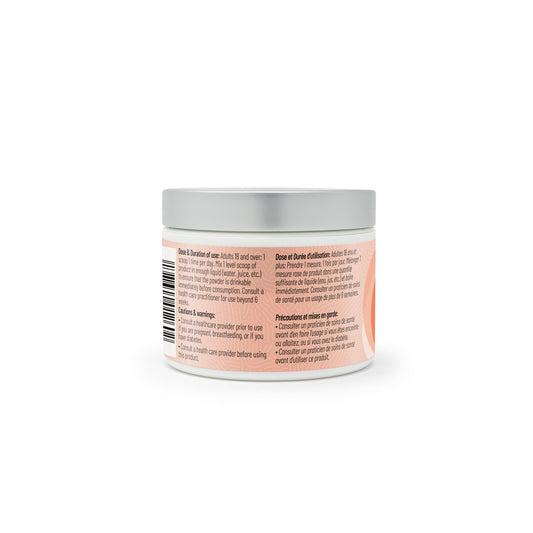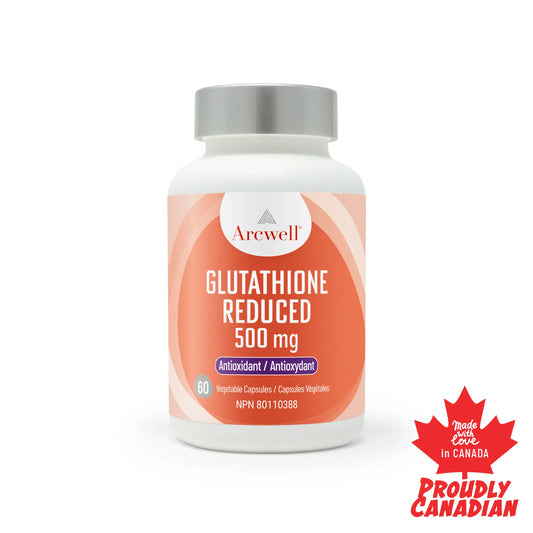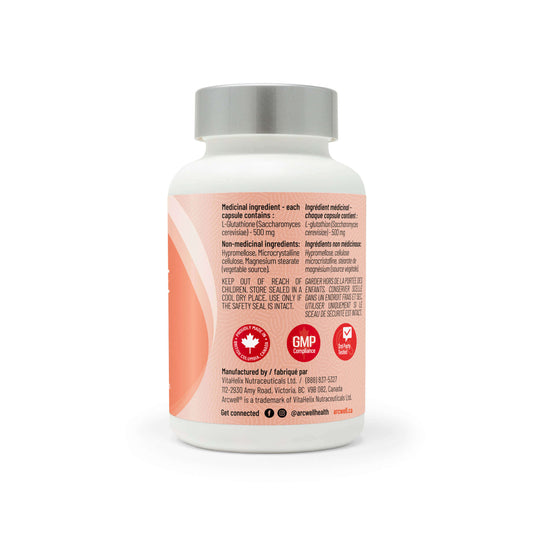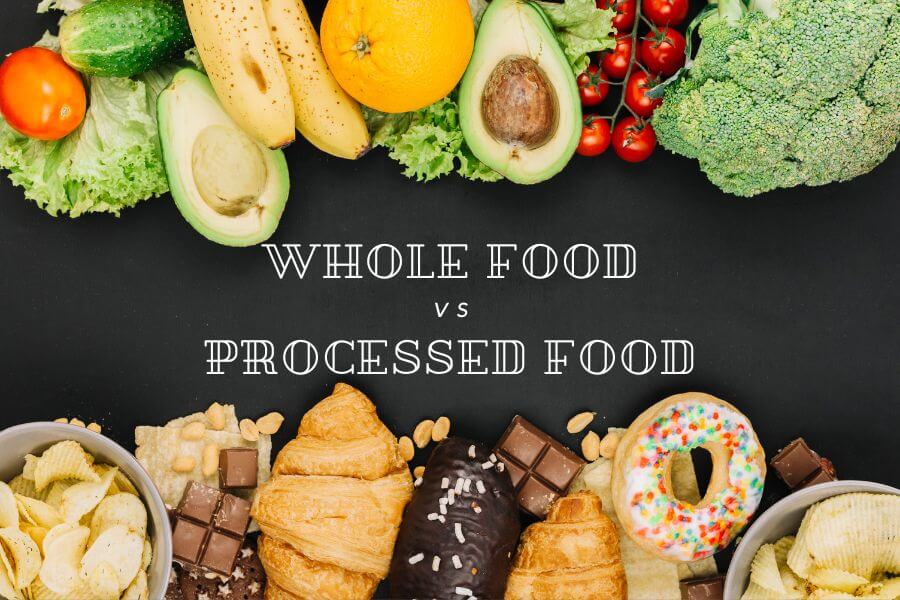
Dietary Supplements vs. Whole Foods: What You Need to Know
Share
Have you ever wondered whether the food you eat provides all of the nutrients you need? and why your current food even if you eat well doesn’t have all the nutrients you need and how a dietary supplement can fill the void in our nutrient-poor diets.
Having a well-balanced or a nutrient-poor diet starts with the source of the nutrients in the food you eat.
With the growth of global agriculture and food production, more and more the food we eat is processed and it’s coming up short on nutrients compared to whole foods which haven’t been processed, refined or had ingredients added to them.
Along with climate change and more pollution, our soil has become depleted of the minerals and microorganisms that are necessary to grow rich nutrient food. Even whole foods aren’t providing all of the nutrients we could obtain from them 40 years ago.
Today, the three main sources of nutrients are:
- Eating processed food, such as all the derivatives from wheat flour, cheese, bread, pasta, pizza, chips and so on.
- Eating whole foods such as fruits, vegetables, legumes, nuts, seeds, whole grains, fresh meat, fish and eggs.
- Taking a dietary supplement, such as vitamins, minerals, protein, amino acids, fatty acids and so on.
Because processed food doesn’t come directly from nature, often, they come with a food label showing the ingredients. This is how you know the food has been through an industrial process. Basically, you can call any food that doesn’t grow in nature “processed food”.
If you are still confused about what processed food is, ask yourself, does it grow in nature?
If the answer is NO, then it’s processed food.
So, if your diet is mostly processed food, how will that affect your nutrition outcome?
- You will have too much sugar, fat, salt, and starch intake that can be easily absorbed by your body and converted to fat as storage energy.
- You will be lacking minerals, vitamins, and fiber.
- Your food will have extra chemical excipients such as sweeteners, binding, coating agents, preservatives and sometimes even dyes.
By now we know that processed foods are contributing to the obesity epidemic and the rise of chronic diseases like heart disease and diabetes.
What about whole foods?
Because whole foods come directly from nature usually you won’t find an ingredient food label.
Can you get enough nutrients eating with a whole food diet approach?
There is no doubt that whole foods are a much better approach to keep your overall nutrition in check. Eating a whole food diet your nutrition outcome will be:
- Your body will have a wide range of nutrients needed for proper functions.
- You will be eating less calories per volume of food, therefore less likely to overeat and become overweight.
However, you should always keep in mind that meat and poultry often contain antibiotics and hormones, remnants of disease and growth control processes of the animals. These antibiotics can disrupt your microbiome by killing bacteria on your guts which is important for nutrient absorption.
Also, as I mentioned earlier, with the growth of global agriculture, climate change and pollution, our soil has become more depleted in the minerals and microorganisms that are necessary to grow rich nutrient food. For example, the bacteria responsible for the production of Vitamin B12 was wiped out from the environment by the use of pesticides. That’s why we don’t get as much Vitamin B12 from whole foods now.
Dietary supplements can help replace the nutrients that we are missing.
Even a whole food diet cannot address the “low concentration” of some important nutrients, for example: Vitamin C and glutathione.
To put that in perspective, you need to eat roughly 2 kilograms of oranges to get 1 tablet with 1000 mg of vitamin C. You need to eat 1.8 kg of avocados or 152 kg of broccoli to obtain the same amount of glutathione that’s in a single 500 mg capsule.
So if you don’t want to eat a whole bag of oranges at a time, a dietary supplement can help provide the vitamin C that you need.
Choosing a whole food diet will provide you with the best variety of nutrients.
And a whole food diet combined with a dietary supplement is your optimal approach to ensure you’re getting well-balanced nutrition.
